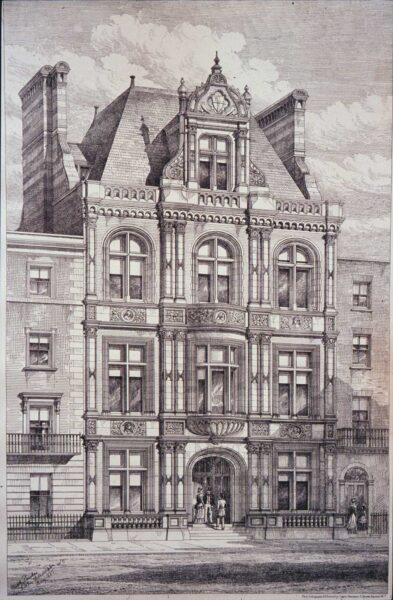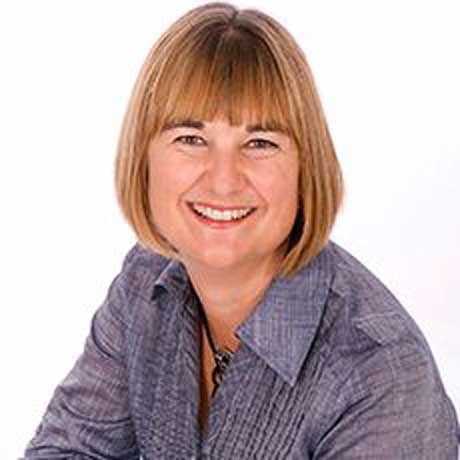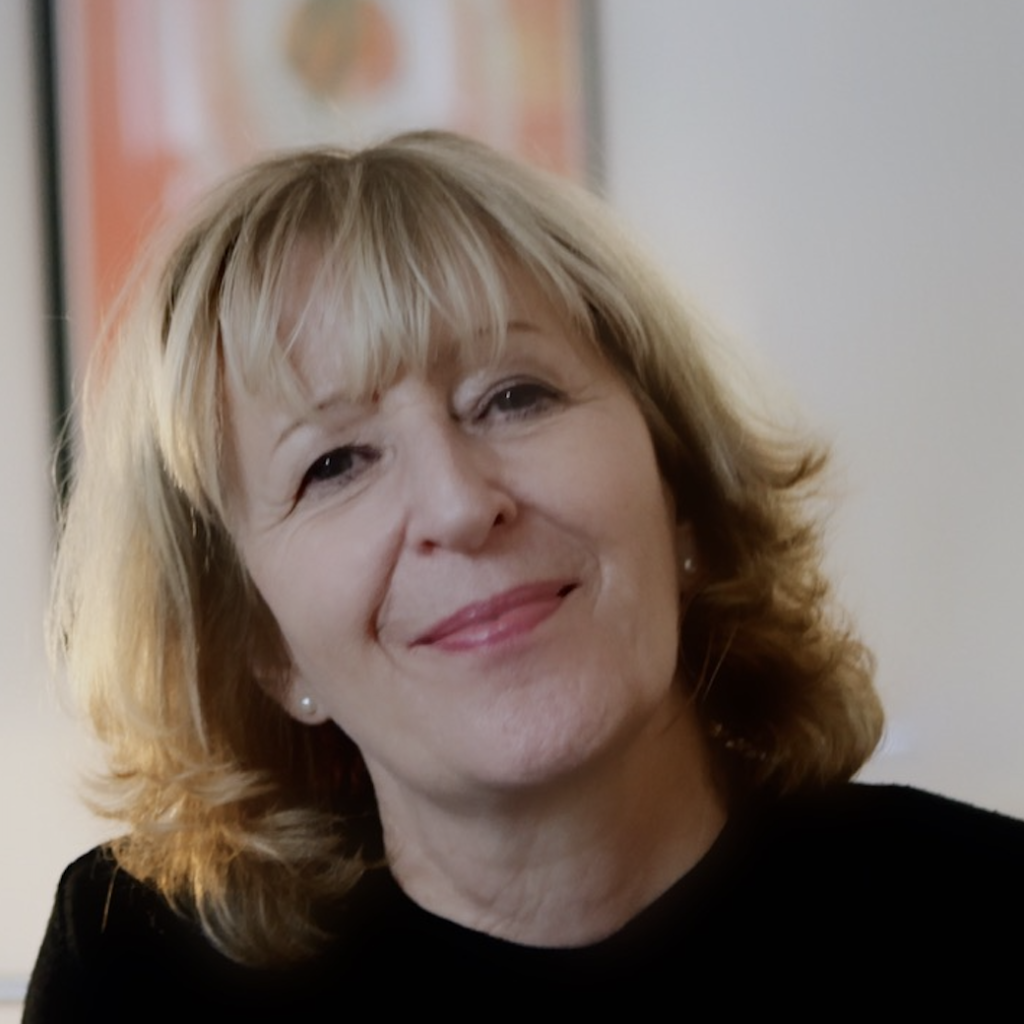
A Victorian Feminist in Bloomsbury: remembering the educational life and networks of Jane Agnes Chessar (1835-1880)
Jane Martin in conversation with Melissa Benn 21 March at 6.00pm at the Institute of Education, University College London, WC1H 0AL.
A REFLECTION
At the Institute of Education a radical Victorian educator was honoured.
A Dickensian figure in a top hat? That would be wrong. Jane Agnes Chessar (1835-1880) was a game-changer and we can credit her with professionalising teacher training and fighting for better educational opportunities for girls and women particularly at elementary level and for the working classes.
‘In conversation’, Professor Jane Martin and Melissa Benn, two educators who also deserve centre stage, revealed Chessar’s achievements reflecting on how the issues she tackled in the 19th century resonate today.
The audience learned about Chessar’s struggle to improve standards in elementary schooling. What she did laid the foundations of our early years schooling. She also trained teachers and was the brains behind the professionalism of teaching. A leading member of the male-dominated School Board, Chessar was an educational writer, networker and was elected to represent women teachers on the Council of the College of Preceptors.
During the Q&A session, questions were raised as to why nowadays early years education is less valued than secondary, why education and the teaching profession continue to have lower status than medicine and medical professions. What is to be done? The audience was curious about Chessar’s early death. It was suggested that she may have burned out as a workaholic or had lung disease. There was sorrow and frustration that Chessar’s achievements are so unremembered. ‘Why have we never learned about this amazing woman?’ ‘How can we understand our own world if we have never heard of the women who formed it?’
Melissa Benn and Jane Martin held Chessar up as a brilliant example of a woman who had the courage to take on issues and fight for what she believed in. Her story, like many others, is crucial for better understanding of how and why education has developed as it has and faces the challenges it does nowadays. We need to use it as motivation to continue the fight.
Chessar’s story is one of hundreds, perhaps thousands, whose stories we are longing to hear.
Evening programme:
In this talk, Jane and Melissa discussed why the educator and activist Jane Agnes Chessar should not be forgotten. Born in Edinburgh in 1835, 15-year-old Chessar moved to London to become a student at the Home and Colonial Teacher Training College, Bloomsbury. Recruited to the staff straight after, she was one of the first women in England to be employed in teacher education. Politically active across her career, Chessar was at the forefront of campaigns to professionalise teaching and the quality of teacher education, she also contributed to the development of elementary schooling for the urban working classes as a member of the London School Board.
Our starting point was to map and explain Chessar’s participation in not only the job of teacher education but also the metropolitan women’s movement. Moving on, we considered the legacy of Chessar’s work and the place of women in teacher education today.
Biography

Jane Martin is Professor of Social History of Education at the University of Birmingham. Her research focuses on the history of women educators, intellectuals, and activists in nineteenth and twentieth century Britain. Publications include Making Socialists: Mary Bridges Adams and the Fight for Knowledge and Power 1855-1939 (Manchester, 2013) and Gender and Education in England, 1770 to the present day: a social and cultural history (Springer, 2022), winner of the Society for Educational Studies Book Prize 2023. She is working on a biography of Caroline Benn (1926-2000).

Melissa Benn is a writer and campaigner for high quality state education. She has contributed to many debates on educational quality and inequality, including the current discussions on government reform to teacher education. As well as her three books on the English education system, she has written on feminism and the changing shape of women’s lives.

